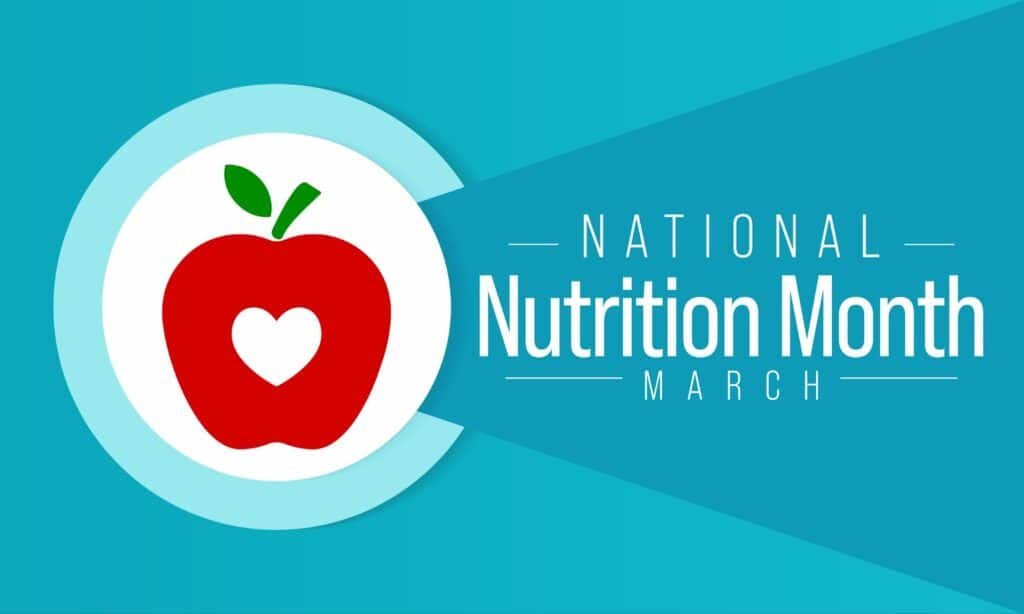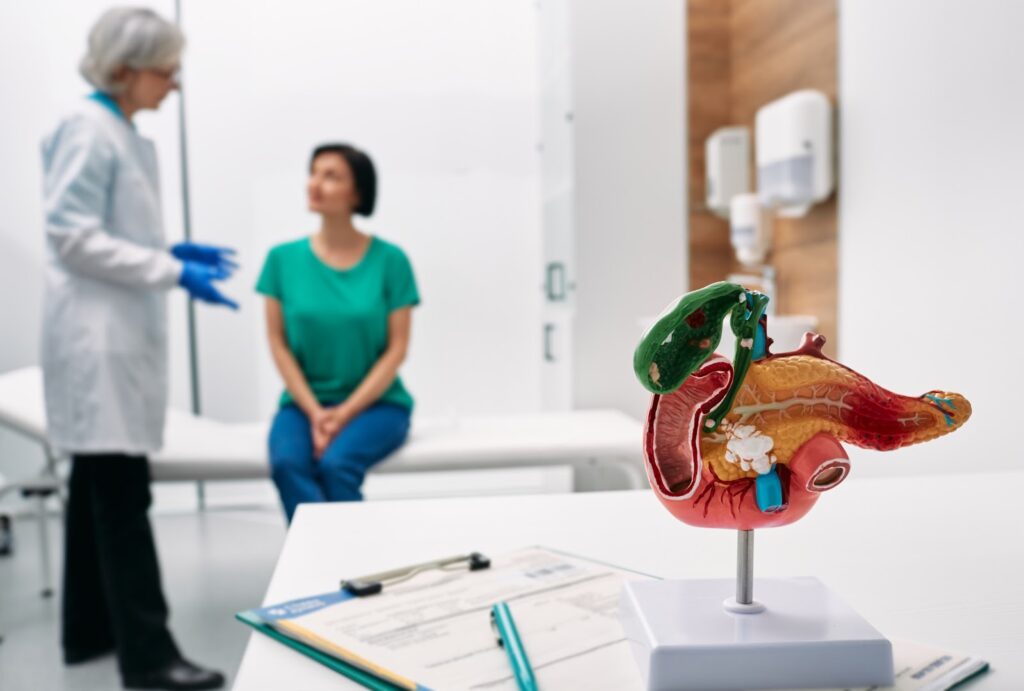3 Benefits of a FibroScan
One of the most important organs in the human body is the liver. The liver is the heaviest and largest internal organ, responsible for more than 500 bodily functions. Its primary functions are to break down nutrients from food, create bile, eliminate toxins, and build proteins. If your liver is not functioning properly, your health will be at risk, so it is extremely important to monitor and continuously check on the health of your liver. An easy and painless technique to track your liver health is through a FibroScan. A FibroScan is an innovative and non-invasive method of observing and evaluating any changes in your liver. This simple test offers many benefits to you and your health, so keep reading to learn more what makes a FibroScan such a valuable healthcare tool.
#1. Fast & Pain-Free
A FibroScan takes five to ten minutes to evaluate your entire liver health. This non-invasive procedure requires no hospitalization or sedation, and is completely painless for patients. Not only is the actual procedure fast, but you will also receive the results right away. This is an innovative procedure that can help ease your mind and prolong your life- by detecting liver conditions early, you can receive treatment or make necessary lifestyle changes as soon as possible. Similar to getting an ultrasound, a FibroScan is nothing but quick and painless.
#2. Valuable Tool for Your Liver
A simple FibroScan test presents the opportunity to prevent various liver diseases and conditions that can become more severe later in life. The FibroScan is mainly used to detect how much fat is accumulated within the liver and provides information about the potential amount of scarring in the liver as well. This test can also be used for patients with fibrosis or liver cirrhosis as a non-invasive diagnostic tool to avoid an invasive biopsy. Fibroscan is an extremely valuable tool, especially for fatty liver disease, which can be from NASH, NAFLD, alcohol-induced, medication-induced.
#3. Safer Than a Liver Biopsy
A liver biopsy is a medical procedure where a small amount of liver tissue is surgically removed, to be evaluated under a microscope for evidence of liver damage or disease. Since a liver biopsy is a medical procedure, it involves more risks than a FibroScan. Risks of a liver biopsy can include complications from anesthesia, pain, bleeding, infection, or accidental injury to another organ near the liver. A FibroScan does not involve any of these risks- there is no need to be sedated, and the test is not invasive in any way. Along with being safer and more comfortable than a liver biopsy, a FibroScan is also more affordable, making it the ideal testing option for anyone with concerns about their liver health.
FibroScan Testing in NJ at Digestive Healthcare Center
Take care of your liver today with a quick and easy FibroScan at Digestive Healthcare Center. Our knowledgeable team of gastroenterology professionals is here to offer our patients access to advanced technology, such as the FibroScan diagnostic device, at our Hillsborough office. As one of the only gastrointestinal health facilities in central New Jersey to provide this service, we utilize the most innovative solutions for all our procedures, aiming for early diagnosis and successful treatment. Contact us, schedule a telemedicine appointment, or come visit our offices in Hillsborough, Somerville, or Warren to learn more about FibroScan and the other procedures we proudly offer. Let our expert team help you stay proactive about your digestive health today.
Make an Appointment for Comprehensive Digestive Care in NJ
At Digestive Healthcare Center, we want each patient at our three offices in New Jersey to feel confident about their digestive health. We encourage you to contact us today to make an appointment with one of our expert gastroenterologists – don’t wait to start putting your digestive health first!
Recent Blogs
Learn more about all things digestive health and wellness by checking out our recent gastroenterology blogs.

Diverticular disease and diverticulitis are related digestive health conditions that affect the large intestine (colon). With diverticular disease, small, bulging pockets develop on the lining of the colon. When these pockets become inflamed or infected, the condition is called diverticulitis. They are very common – especially after age 40 – and rarely cause problems. At […]

Many Americans like to set New Year’s resolutions to make positive lifestyle changes such as improving their diet and going to the gym. However, March is also a great time for a healthy focus, especially as the long winter season comes to an end. National Nutrition Month, sponsored by the Academy of Nutrition and Dietetics, […]

Gallstones form when bile stored in the gallbladder hardens. Your gallbladder is a small, pear-shaped organ on the right side of your abdomen, just beneath your liver. It holds a digestive fluid called bile that’s released into your small intestine. Gallstones are pebble-like pieces of concentrated bile material, typically made up of cholesterol or bilirubin […]

























